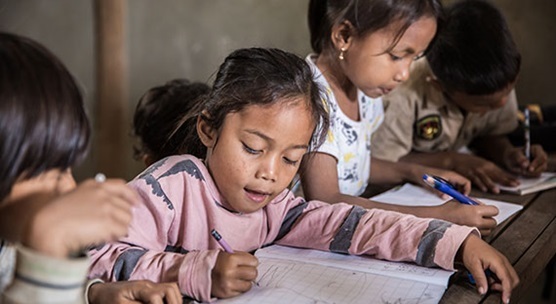
4 countries launch $134 m project to eliminate use of mercury in medical devices
The Governments of Albania, Burkina Faso, India, Montenegro and Uganda have teamed up to launch ...

The International Monetary Fund (IMF) said Cambodia needs to boost its sustainable financing, especially in the fields of education, health and physical infrastructure to maintain its rank among the fastest growing economies in southeast Asia.
Efforts would need to continue to improve spending efficiency, public investment management practices, and coordination across government units. Support from development partners and involvement of the private sector are also essential, the IMF said in a recent report.
Cambodia’s economic growth remains strong at 7 percent in 2019 and the country continues to advance its development agenda, according to the IMF’s latest economic assessment.
Public investment and private sector involvement resulted in improved access to and quality of physical infrastructure, such as electricity and roads. Public spending on health and education also increased, which led to improved quality and access. As a result, for example, the enrollment rate in primary education has reached almost 100 percent.
Cambodia continues to prioritize the Sustainable Development Goals (SDGs) by mapping them (along with one additional goal related to de-mining) into the country’s national policy priorities. The new government’s strategy reflects Cambodia’s SDG framework and is the basis for the National Strategic Development Plan for 2019–23.
Estimates suggest that more spending is required to meet selected SDGs and improve the daily lives of all Cambodians. The quantity and quality of health and education services, as well as physical infrastructure, need to be improved.
IMF staff estimate that additional spending of about 7½ percent of Cambodia’s 2030 GDP is needed to help fund priority SDGs, with education and health accounting for about two-thirds of the total needs. While spending needs for reaching water and sanitation goals are smaller, achieving universal access to electricity and roads would require additional annual spending of at least 2½ percent of projected 2030 GDP. These estimates account partially for climate mitigation policies (such as an increase in the use of solar energy to generate electricity) and maintenance costs.
Still, the country’s ambitious development plans will require further policy efforts on many fronts. Despite recent progress, Cambodia lags behind its regional peers in terms of access to and quality of social services and physical infrastructure.

EIB extends its 2nd Green Finance package at EUR 90 m to Austria’s Energie Steiermark
EBRD on track to up its green financing to 40% by 2020..total green investments hit €30 bn
The Governments of Albania, Burkina Faso, India, Montenegro and Uganda have teamed up to launch ...
Paragon Developments has teamed up with Adeer International, PMaestro alongside their German partner, QNTF, to ...
Crédit Agricole Egypt Foundation for Development and Schneider Electric have successfully concluded the Second Phase ...


اترك تعليقا